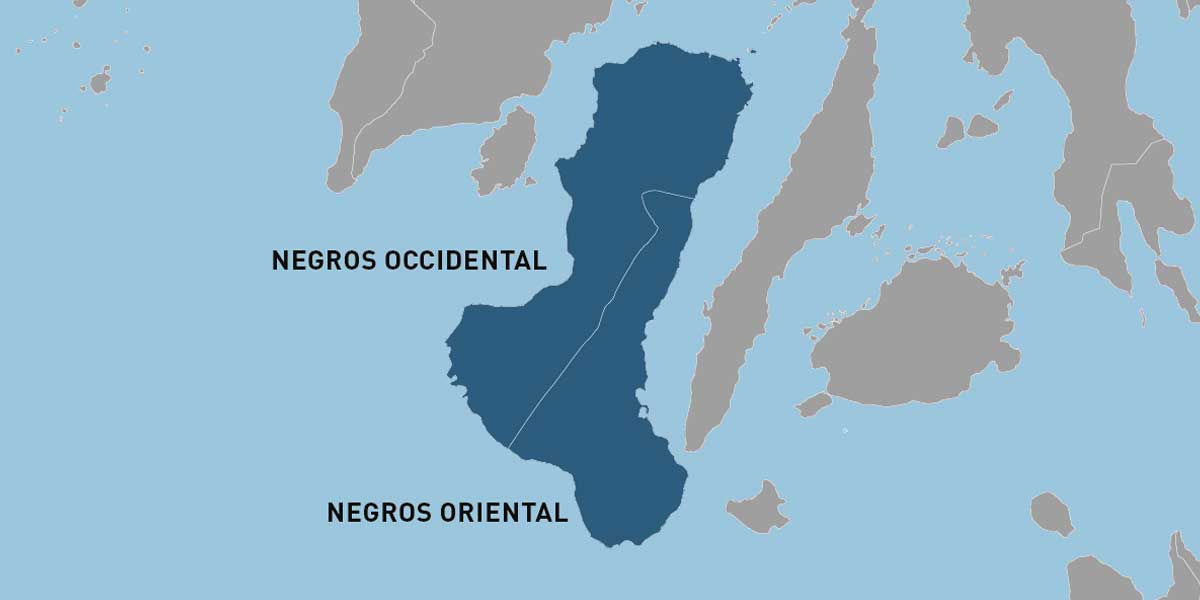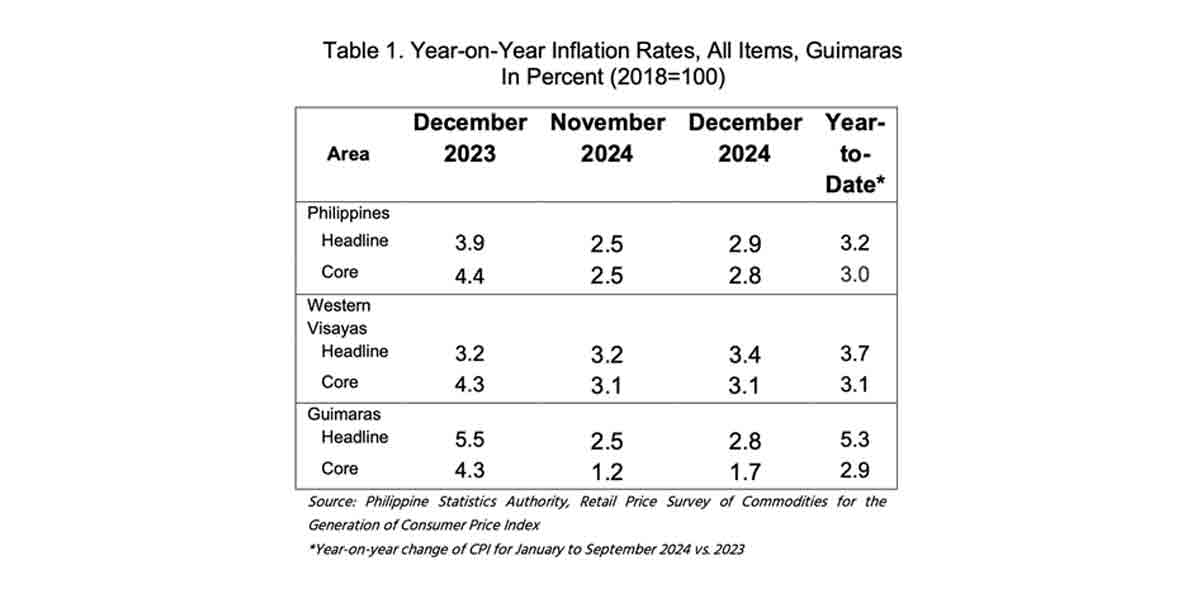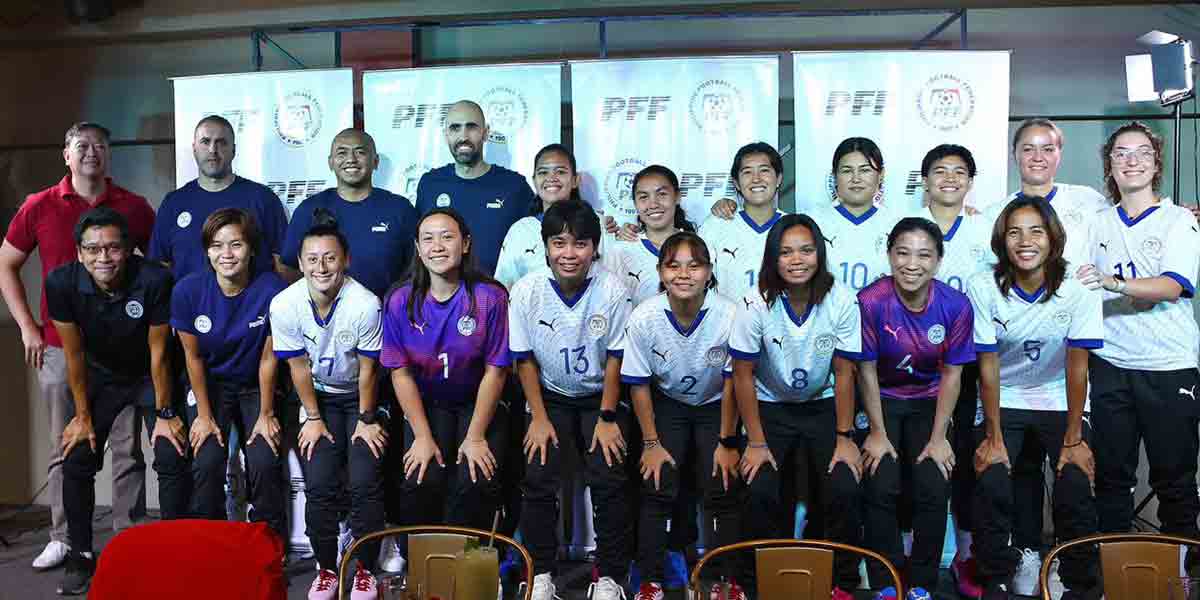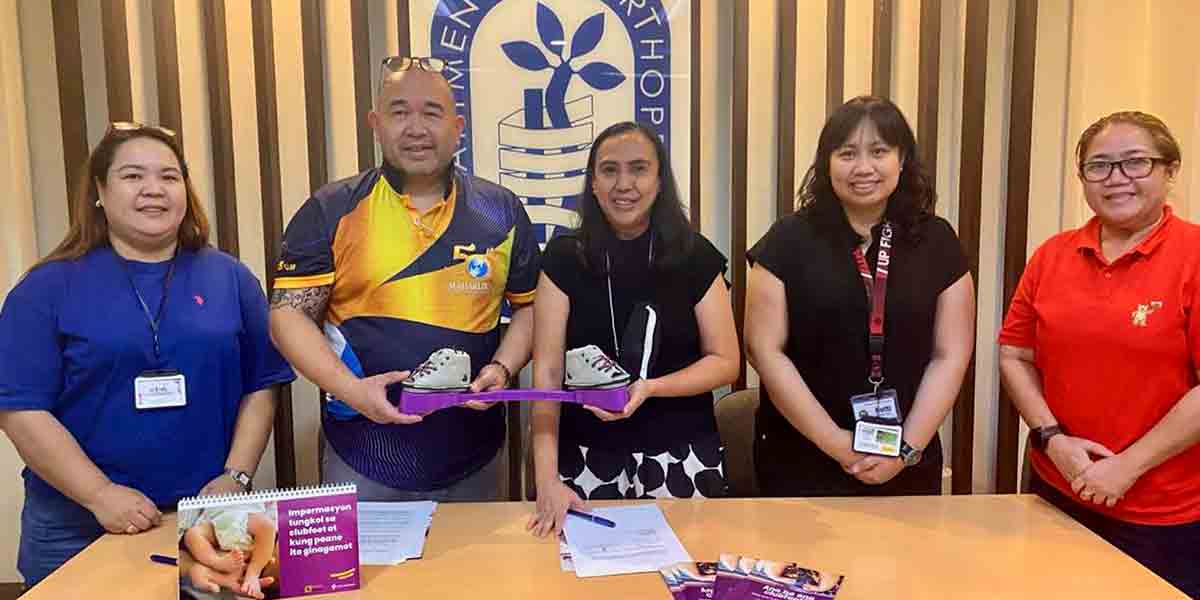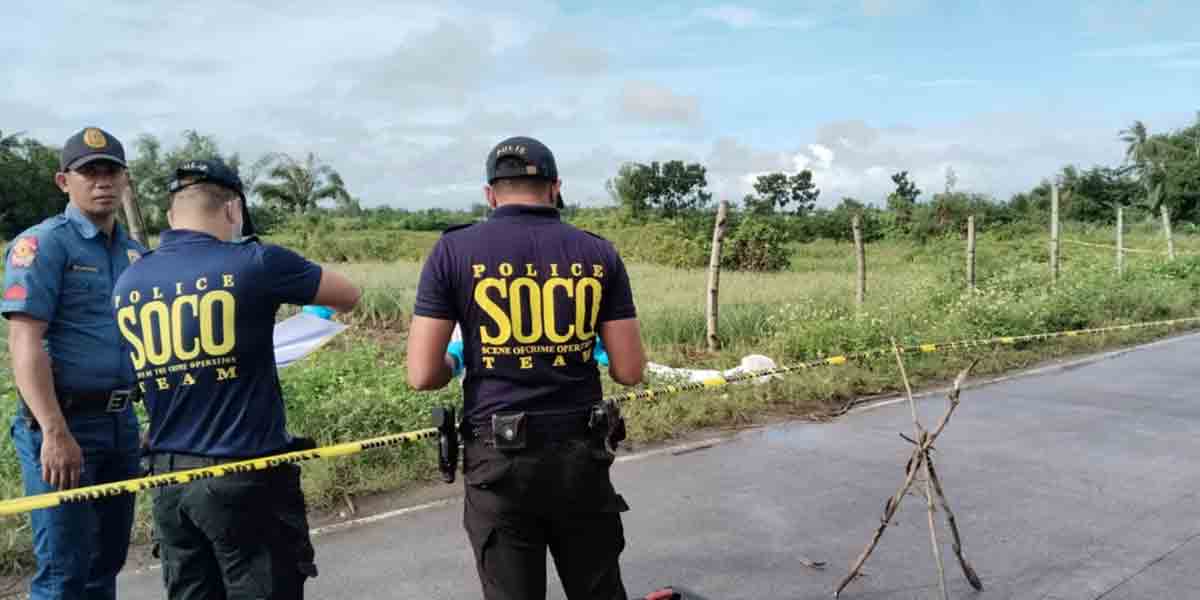Finance Secretary Carlos Dominguez III said that while the Philippines is starting to take concrete actions in mitigating the ill effects of climate change without waiting for delayed financing pledges to materialize, the country would still need to generate significant international support in the future behind its ambitious goal to substantially reduce greenhouse gas (GHG) emissions.
Secretary Dominguez said the Philippines’ Nationally Determined Contribution (NDC) to the Paris Agreement would require not only a whole-of-nation approach, but the assistance as well of multilateral institutions, private investors and donor countries, especially those that have pledged to channel a combined US$100 billion per year by 2020 to developing countries for their climate adaptation and mitigation projects.
The Philippines’ NDC is a projected GHG emissions reduction and avoidance of 75 percent by 2030, of which 2.71 percent is unconditional, while 72.29 percent is conditional.
Unconditional commitments rely on domestic measures, while the conditional portion would need financing support from international partners together with technology transfers and capacity building.
Apart from the Philippines, many developing countries have NDCs that are similarly conditional on international support, such as the US$100-billion pledge made by developed countries 12 years ago that has remained unfulfilled up to now.
Responding to a query on how reliant the Philippines is on international support to finance capacity building and technology transfers for its climate projects, Secretary Dominguez said: “Very reliant, there is no question about it. However, as I said, we are going to start on our own and we hope that the world at large will come and support us. But we have to realize that each country has to take their own action for others to follow it. We can’t wait for them to dictate to us what to do.”
The question was from TIME Brand editor Mark Barton, who moderated the discussions during the Green Finance Session jointly hosted by TIME Magazine Singapore and the Philippines’ Department of Finance (DOF) as a side event during the recent 26th United Nations Climate Change Conference of the Parties (COP26) held in Glasgow, Scotland.
The panel discussion also included Mr. Ahmed Saeed, the Asian Development Bank (ADB) Vice President for East Asia, Southeast Asia and the Pacific; and Mr. Jonathan Pershing, the United States (US) Deputy Special Envoy for Climate.
Secretary Dominguez explained during the discussion that climate finance should have a mix of three important elements: 1) grants for capacity building, 2) investments on green projects that will generate high returns, and 3) subsidies that should address the financial costs and risks of communities transitioning to a climate-resilient economy.
“We realize that we are one of the most vulnerable countries to climate change and we have decided to take action on our own and we will not wait for international agreements on climate change. However, we hope that this COP26 will result in positive action and will start the flow of funds to help countries,” said Secretary Dominguez.
Secretary Dominguez, who is also chairman-designate of the Philippines’ Climate Change Commission (CCC), said the three major multilateral development banks (MDBs)—the World Bank Group (WBG), ADB and Asian Infrastructure Investment Bank (AIIB)—can “work together to address climate change problems and introduce green elements to their loans.”
He recalled that as early as 2017, he had called on the three MDBs to closely coordinate their vetting and monitoring of projects to avoid overlapping and save time and costs for small developing economies.
This collaboration among the three MDBs has proven successful in the Philippines’ COVID-19 vaccination procurement program, in which Secretary Dominguez had worked closely together with these multilateral institutions in raising funds for the country’s purchase of the vaccines, Secretary Dominguez noted.
Later in a formal proposal to the three MDBs, Secretary Dominguez urged them to adopt a harmonized set of guidelines for vetting climate adaptation and mitigation projects, which will serve as the “seal of good housekeeping” to catalyze the flow of private sector capital that developing countries need to meet their climate change objectives.
On the part of the Philippines, Secretary Dominguez said the government has begun implementing concrete actions to demonstrate to the world how a developing and climate-vulnerable country can lead in the fight to save the planet.
These include 1) its first-ever Sustainable Finance Roadmap to deploy the engines of finance to get green projects moving across the country, and (2) pushing a law banning single-use plastics so that Filipinos can do their part every day in saving the world’s environment.
Another initiative, he said, is the Philippines’ partnership with the ADB on a landmark Energy Transition Mechanism (ETM) project that will accelerate the retirement of coal-fired plants in the country and the transition to clean energy, which came after President Duterte declared a moratorium on new coal plants.
To move ahead with urgency in fulfilling its ambitious NDC target and implementing practical climate adaptation and mitigation projects on the ground, Secretary Dominguez said the Philippines’ CCC had put together a group of Filipino experts who represent all corners of the archipelago to engage fishers and farmers and prepare them in executing localized action plans.
Secretary Dominguez headed the Philippine delegation to the COP26 meeting where the country’s representatives highlighted the government’s efforts in addressing the climate crisis through practical projects on the ground, and demanded greater accountability from Western countries emitting most of the greenhouse gas emissions responsible for global warming. (DOF)




